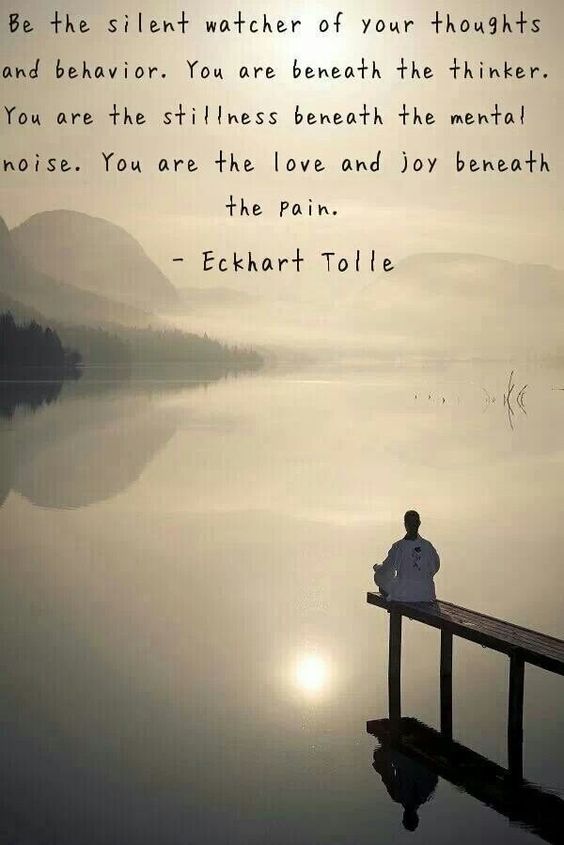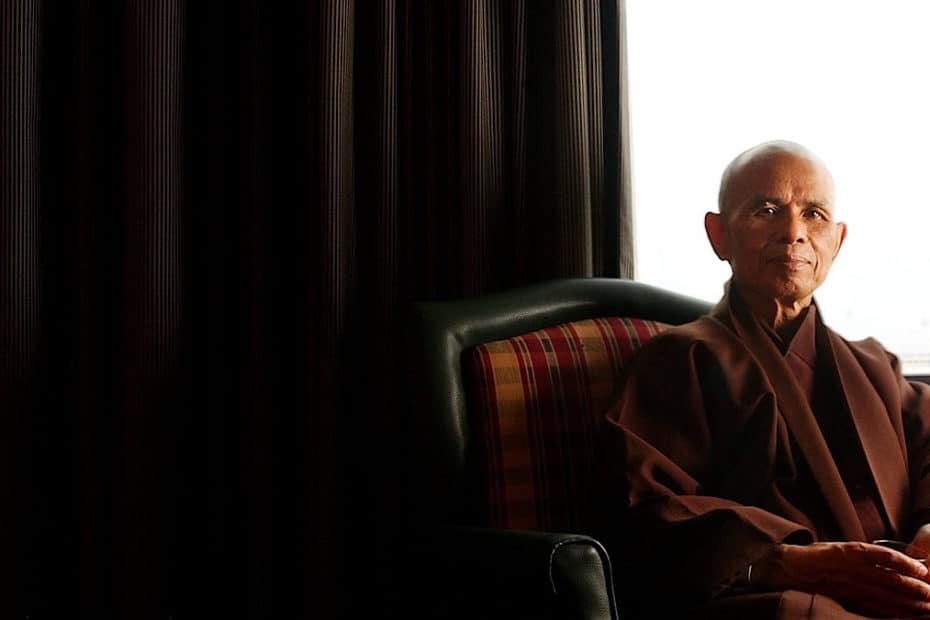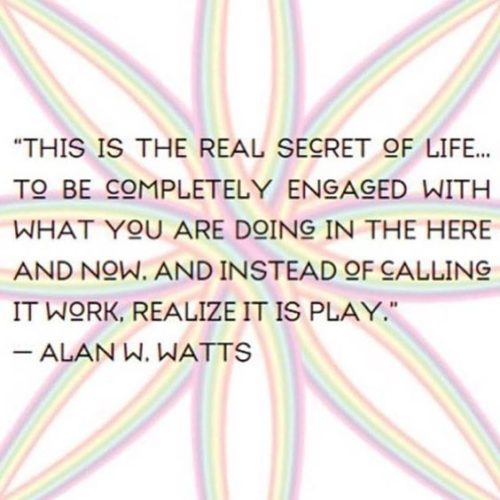14 Mindfulness Trainings From Thich Nhat Hanh To Help You Live More Mindfully
Excerpt: Composed by Thich Nhat Hanh in the mid-1960s at a time of war, these mindfulness trainings were formulated to advance peace and compassion.
Read More »14 Mindfulness Trainings From Thich Nhat Hanh To Help You Live More Mindfully
Peace Is Every Step: The Path of Mindfulness in Everyday Life

Book Overview: In the rush of modern life, we tend to lose touch with the peace that is available in each moment. World-renowned Zen master, spiritual leader, and author Thich Nhat Hanh shows us how to make positive use of the very situations that usually pressure and antagonize us. For him a ringing telephone can be a signal to call us back to our true selves. Dirty dishes, red lights, and traffic jams are spiritual friends on the path to “mindfulness”—the process of keeping our consciousness alive to our present experience and reality. The most profound satisfactions, the deepest feelings of joy and completeness lie as close at hand as our next aware breath and the smile we can form right now.
Post(s) Inspired by this Book:
- How To Live More Mindfully – The Fourteen Mindfulness Trainings of the Order of Interbeing
- How to Handle Your Anger – A Mindfulness Exercise from Thich Nhat Hanh
- Pillow Punching – Good or Bad for Anger Management?
- Thich Nhat Hanh Quote on the Present Moment and Appreciating the Flower When It’s Shown To You (Beyond the Quote 238/365)
“We can realize peace right in the present moment with our look, our smile, our words, and our actions. Peace work is not a means. Each step we make should be peace. Each step we make should be joy. Each step we make should be happiness. If we are determined , we can do it. We don’t need the future. We can smile and relax. Everything we want is right here in the present moment.” ~ Thich Nhat Hanh, Peace is Every Step
“Enlightenment, peace, and joy will not be granted by someone else. The well is within us, and if we dig deeply in the present moment, the water will spring forth. We must go back to the present moment in order to be really alive.” ~ Thich Nhat Hanh, Peace is Every Step
“Hope is important, because it can make the present moment less difficult to bear. If we believe that tomorrow will be better, we can bear a hardship today. But that is the most that hope can do for us—to make some hardship lighter. When I think deeply about the nature of hope, I see something tragic. Since we cling to our hope in the future, we do not focus our energies and capabilities on the present moment. We use hope to believe something better will happen in the future, that we will arrive at peace, or the Kingdom of God. Hope becomes a kind of obstacle. If you can refrain from hoping, you can bring yourself entirely into the present moment and discover the joy that is already here.” ~ Thich Nhat Hanh, Peace is Every Step
“The foundation of happiness is mindfulness. The basic condition for being happy is our consciousness of being happy. If we are not aware that we are happy, we are not really happy. When we have a toothache, we know that not having a toothache is a wonderful thing. But when we do not have a toothache, we are still not happy. A non-toothache is very pleasant. There are so many things that are enjoyable, but when we don’t practice mindfulness, we don’t appreciate them. When we practice mindfulness, we come to cherish these things and we learn how to protect them. By taking good care of the present moment, we take good care of the future. Working for peace in the future is to work for peace in the present moment.” ~ Thich Nhat Hanh, Peace is Every Step
“In our daily lives, we may see the people around us, but if we lack mindfulness, they are just phantoms, not real people, and we ourselves are also ghosts. Practicing mindfulness enables us to become a real person. When we are a real person, we see real people around us, and life is present in all its richness.” ~ Thich Nhat Hanh, Peace is Every Step
“We can smile, breathe, walk, and eat our meals in a way that allows us to be in touch with the abundance of happiness that is available. We are very good at preparing to live, but not very good at living. We know how to sacrifice ten years for a diploma, and we are willing to work very hard to get a job, a car, a house, and so on. But we have difficulty remembering that we are alive in the present moment, the only moment there is for us to be alive. Every breath we take, every step we make, can be filled with peace, joy, and serenity. We need only to be awake, alive in the present moment.” ~ Thich Nhat Hanh, Peace is Every Step
“The happiest moments in our lives are when we are playing just like children, when we are singing and dancing, when we are exploring and creating just for fun. It is wonderful when we behave like a child because this is the normal human mind, the normal human tendency. As children, we are innocent and it is natural for us to express love. But what has happened to us? What has happened to the whole world?” ~ Don Miguel Ruiz, The Mastery of Love
“Living clearly and presently takes courage. Don’t live in the haze of the abstract, live with the tangible and real, even if – especially if – it’s uncomfortable. Be part of what’s going on around you. Feast on it, adjust for it. There’s no one to perform for. There is just work to be done and lessons to be learned, in all that is around us.” ~ Ryan Holiday, Ego is the Enemy
“A person who thinks all the time has nothing to think about except thoughts, so he loses touch with reality and lives in a world of illusions.” ~ Alan Watts, via Ego is the Enemy
“Our culture is so focused on progress that we frequently don’t experience our own lives just as they are here and now. But the world will always be exactly as it is in each moment. It’s astonishing how much time and energy we expend in trying to deny this simple fact. This doesn’t imply passivity. Our visions and ideals are also part of this moment. Everything changes, no matter how slowly, and we can act to alleviate suffering. Yet if plans for the future are not balanced with acceptance and joy in this moment, just as it is, our lives go unlived. The challenge is to work with our lives as they are rather than imagine that things are different. If we can learn to soften our aversions and desires, our lives might become less frantic and more spacious.” ~ Robert Kull, Solitude
“The aliveness, peace, beauty, and love I seek are never out there, but always right here right now.” ~ Robert Kull, Solitude







